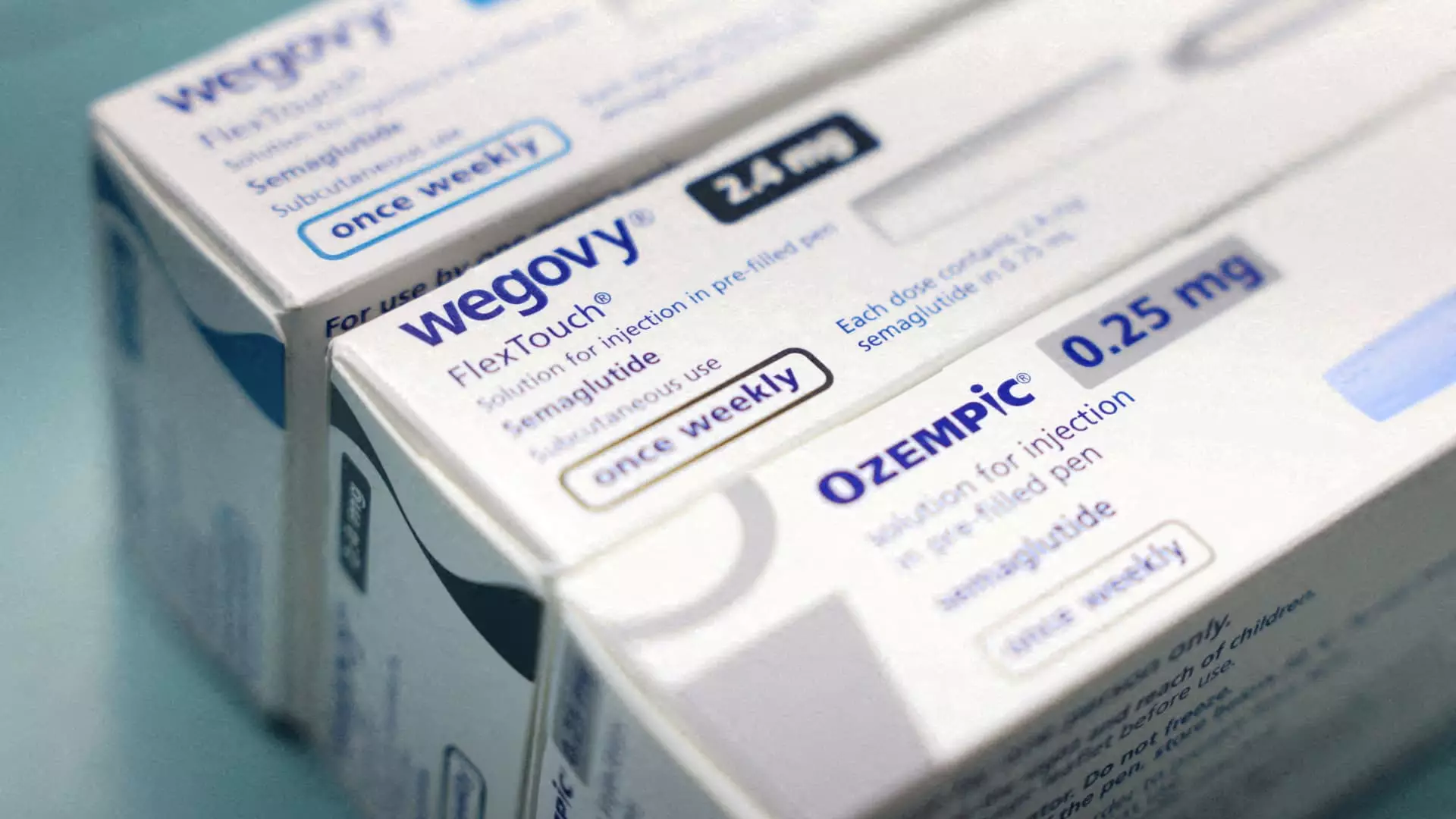The FDA has recently announced that the longstanding shortage of semaglutide-based injections, specifically Novo Nordisk’s Wegovy and Ozempic, has reached a resolution after enduring for over two years. This development is particularly significant given the overwhelming demand these medications generated, which saw their shortages escalating as they became increasingly popular for weight loss and diabetes management. Semaglutide—the active ingredient in these drugs—has been hard to come by since 2022, inciting patients to turn to compounded alternatives provided by pharmacies that operated outside of the approved supply chain.
Besides the immediate effects on the pharmaceutical landscape, the resolution reflects a sizable shift in patient behavior regarding medication access. Individuals struggling with obesity or diabetes often resorted to unapproved versions of these drugs, which, albeit cheaper, were not guaranteed to meet safety and efficacy standards. The FDA’s decision, therefore, aims to not only improve the availability of legitimate products but also safeguards patient health against counterfeit or unregulated drugs.
The resolution of this shortage has profound economic repercussions. Following the FDA’s announcement, Novo Nordisk’s stock experienced a surge, closing approximately 5% higher. This indicates investor confidence in the company’s ability to meet the current and projected demand for semaglutide products. In stark contrast, Hims & Hers— a telehealth firm that offered compounded versions of these injections—saw its shares plummet by more than 25%. This dichotomy underscores how the FDA’s decision may level the playing field between major pharmaceutical companies and smaller, compounded drug providers, reshaping competition in the market.
Over the past years, both Novo Nordisk and its rival Eli Lilly have heavily invested in expanding their manufacturing capabilities to address this increasing demand. With the resolution of the supply issues, they are now better positioned not only to stabilize their market standing but also potentially to capture larger shares of the burgeoning weight loss drug market, which analysts project could exceed $150 billion annually post-2030.
Implications for Compounding Pharmacies
With the FDA’s sanctioning of Novo Nordisk’s supply capabilities, compounding pharmacies face stricter regulations, as these institutions will need to cease production of unapproved versions of semaglutide within the next 60 to 90 days. The agency’s announcement effectively ends a period during which these pharmacies operated under the pretense of addressing drug shortages. As a result, there exists a dual-layered impact: Patients who previously depended on these alternative formulations may face challenges in accessing affordable treatment options.
The enforcement of more stringent regulations may result in pushback from compounding pharmacies that have garnered a clientele based on their ability to fill the gap left by the shortages. However, the FDA stresses the risks associated with unregulated drugs, implying a need to transition patients back to legitimate, FDA-approved treatments. It remains to be seen how these pharmacies will adapt or counteract these developments in the face of increasingly limited options for their patients.
From a consumer health perspective, the FDA’s resolution of the semaglutide shortage embodies a victory for patient safety. The dangers posed by counterfeit medications and unapproved alternatives are well-documented, and the resolution underlines a commitment to prioritizing authentic medication access. Importantly, patients will gain access to safe, effective treatments that have undergone rigorous testing and regulatory scrutiny—a crucial factor in maintaining trust in the healthcare system.
The FDA’s acknowledgment of “intermittent and limited localized supply disruptions” suggests that the transition back to normalcy may not happen overnight. Patients, prescribers, and pharmacies must navigate this interlude cautiously, ensuring that the focus remains on delivering safe, efficient care. In this critical time, educational efforts must be ramped up to inform patients about legitimate treatment options available to them, reducing reliance on potentially harmful alternatives.
The FDA’s recent decision is more than merely a resolution of a drug shortage; it signifies a pivotal shift in the landscape of obesity and diabetes treatment. As Novo Nordisk’s supply issues abate, the ramifications for the pharmaceutical industry, compounding pharmacies, and patient health practices will unfold in the coming months. The emphasis on safe and effective treatments, alongside competitive market dynamics, presents an opportune moment—both for patients seeking legitimate options and for the industry to recalibrate towards sustainable practices.

